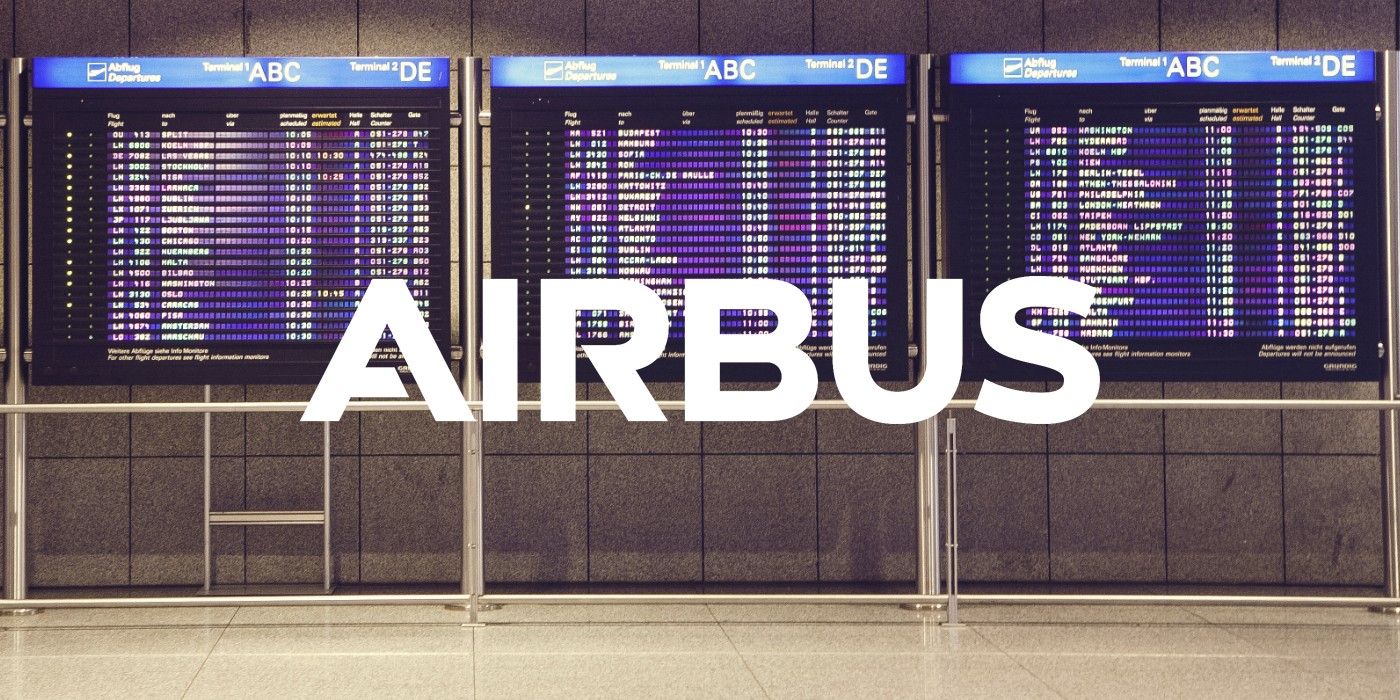
As airports look to open up to the public at a larger scale once again, Airbus is hoping to improve security using artificial intelligence. In a post-COVID-19 world, the new normal has become preventing and containing the spread of deadly diseases, and beyond coronavirus, AI might be able to help detect a number of possible threats, including explosive devices and viruses.
Artificial intelligence has been making huge strides as of late, and has been an essential tool in the fight against coronavirus; if used correctly, artificial intelligence can help companies function much more efficiently and with less manpower. Companies are already using AI to fight the spread of misinformation and remove fake accounts on Facebook. Looking further forward, AI has been making some groundbreaking moves, like for example, the ability to emulate human senses, such as smell. These sense-based improvements are likely to become even more prevalent in the coming years, if not months.
According to Airbus, the aerospace corporation has teamed up with Koniku Inc. to use biotechnology to enhance airport security. As they try to find a "disruptive biotechnology solution" that would be automatic and wouldn't require contact, they've been experimenting with the power of odor detection to detect biological hazards and chemical or explosive threats. The technology is neuromorphic, or able to mimic human functions, thus the detection system can smell the odors associated with explosives, chemicals, and even certain diseases that emit a detectable odor. Intriguingly, Intel recently made a test chip, Loihi, similar to what Airbus is proposing, by studying the chemical reactions in the brain associated with certain smells and teaching an algorithm to identify those reactions. Although Airbus has yet to reveal the specific science behind its technology, the plan is to start testing in late 2020.

Ever since 9/11, airports have been focused on safety and preventing possible threats. Yet, the security protocols have led to a reputation of long lines, and suffocating proximity to other individuals. Post-coronavirus, airports look to limit congestion among the security areas and focus on being more efficient for travelers. Airbus, based in the Netherlands, is the world's largest airliner manufacturer, and has been trying to find solutions to help make airports and airliners more efficient for traveling. With artificial intelligence, the future of airports could look more hands-free which could create an environment that's quicker to get through, while still promoting quality control.
Airports and airplanes are breeding grounds for deadly diseases. With everyone so close to each other, there's always the threat of getting sick. To address the effects of coronavirus, there needs to be more precautions for passengers, and artificial intelligence really could prove crucial in this respect by limiting the amount of human-to-human contact. With more detection, the threat of spreading future viruses, including coronavirus, becomes less, and the threat of government shutdowns and limitations on travel diminishes.
Source: Airbus
https://ift.tt/2YF5arc
May 06, 2020 at 06:07AM




